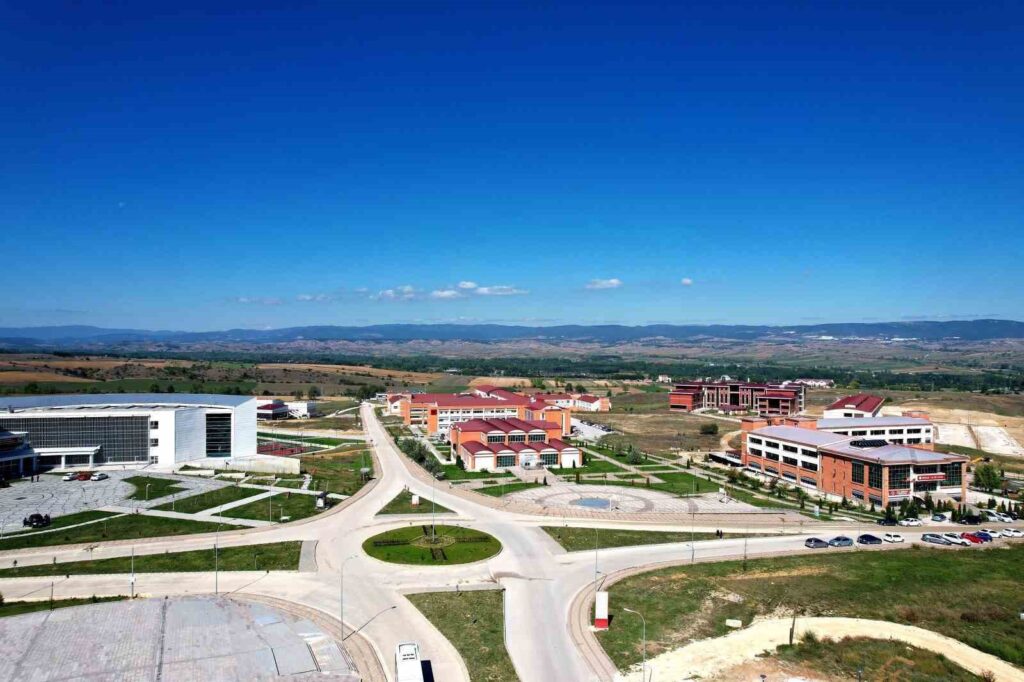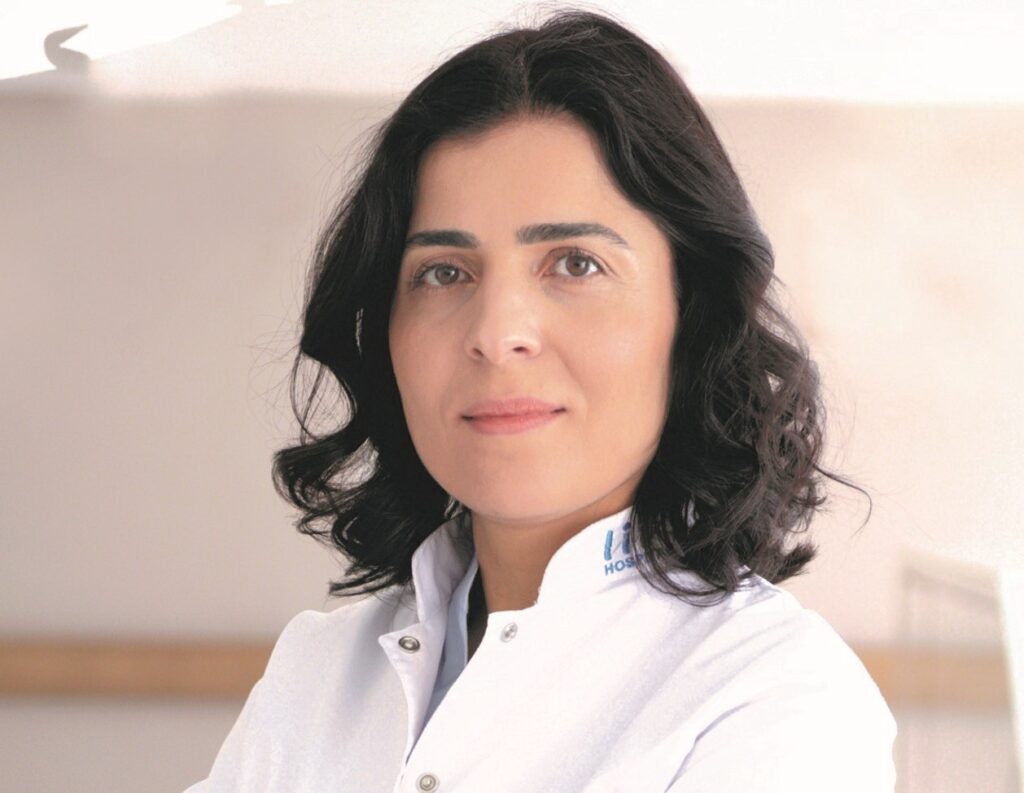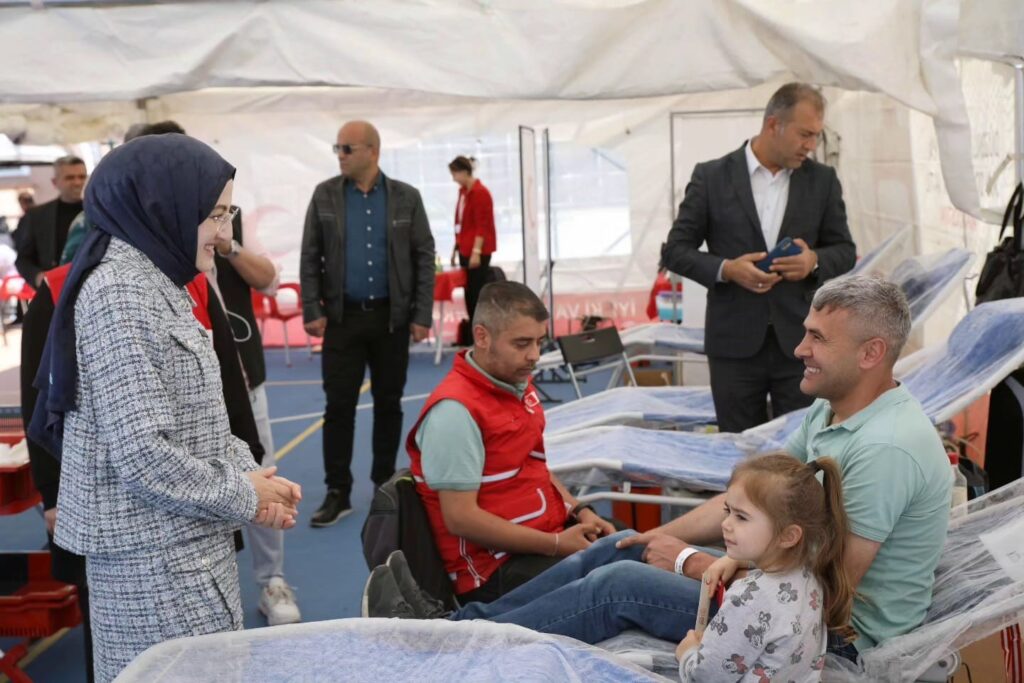Kastamonu University will investigate the protective effects of melittin, which is commonly used in cancer treatment, on the heart.
Kastamonu University will examine the protective effects of melittin obtained from honeybees (apis mellifera) on the heart with a project supported by TÜSEB. The project is led by Dr. Faculty Member Sedat Gökmen at Kastamonu University.

Kastamonu University will investigate the protective effects of melittin obtained from honey bees (Apis mellifera) on the heart with a project supported by TÜSEB.
The project titled ‘In Vivo and In Vitro Investigation of the Protective Effect of Melittin Against Doxorubicin-Induced Cardiotoxicity’ is led by Dr. Faculty Member Sedat Gökmen at Kastamonu University and has been granted support within the framework of the ‘TÜSEB A Group Emergency R&D Project Support Program.’ The project aims to study the protective effects of melittin obtained from honey bees (Apis mellifera) against cardiotoxicity caused by doxorubicin, a drug commonly used in cancer treatment. This study, which will be conducted with both cell culture and animal experiments, aims to contribute to the development of new and alternative strategies to reduce the side effects of drugs used against cardiotoxicity. The project will last for 12 months and will be carried out under the leadership of Dr. Faculty Member Sedat Gökmen, in collaboration with researchers from different disciplines, including Assoc. Prof. Dr. İrfan Çınar, Assoc. Prof. Dr. Musa Tatar, Dr. Faculty Member Muhammed Etyemez, Dr. Faculty Member Çiğdem Sevim, and Dr. Faculty Member Serdar Akyel.
Kastamonu University Rector Prof. Dr. Ahmet Hamdi Topal stated in a statement regarding the subject that such projects not only increase the university’s scientific research capacity but also provide important opportunities to produce solutions to the country’s health-related issues. He expressed his appreciation for the work of the academics involved in the project seeking natural solutions against cardiotoxicity and wished them continued success. He also extended his gratitude to the President of the Higher Education Council Prof. Dr. Erol Özvar and YÖK members for their support for high-quality and qualified studies.







